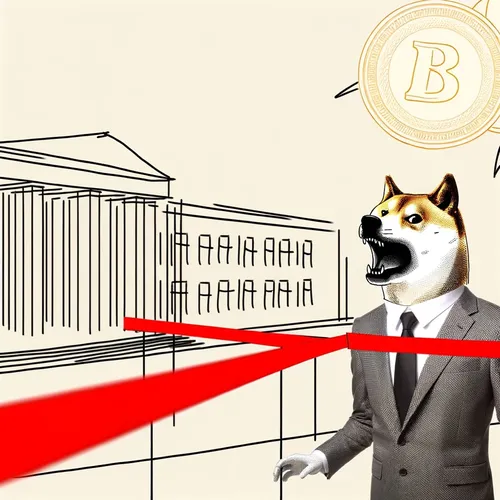DOGE Slashes Government Spending by $170 Billion, But Critics Warn of Hidden Costs and Ideological Purge
- Author
- Quiet. Please
- Published
- Tue 13 May 2025
- Episode Link
- https://www.spreaker.com/episode/doge-slashes-government-spending-by-170-billion-but-critics-warn-of-hidden-costs-and-ideological-purge--66077280
The Department of Government Efficiency, known as DOGE, has become a lightning rod for debate in Washington, touting what it calls unprecedented savings for taxpayers while critics point to chaos and mounting costs. Launched by executive order in January 2025 as a core piece of the President’s plan to overhaul federal bureaucracy, DOGE claims to have saved a staggering $170 billion so far—an estimated $1,055.90 per taxpayer—by slashing contract, grant, and lease obligations and canceling or renegotiating thousands of agreements across federal agencies[1][2].
DOGE’s self-published “Wall of Receipts,” last updated May 11, 2025, details over 10,000 contract terminations, 12,000 grant cancellations, and hundreds of lease eliminations, publicly linking each to its bottom line. Under DOGE’s “efficiency leaderboard,” agencies are pitted against each other in a race to deliver the most savings—transparency that supporters say brings long-overdue accountability[1]. Their data is even available for analysis via an API, inviting watchdogs and citizen technologists alike to scrutinize government spending[1].
Elon Musk, a key figure in DOGE’s public messaging, has appeared frequently on conservative media channels to hype these savings. Yet a recent independent analysis by the Partnership for Public Service (PSP) paints a more complicated picture. PSP estimates that, even as DOGE claims $160 billion in savings, the costs associated with its reforms—including mass paid leave for federal workers, rehiring after mistaken firings, and lost productivity—reach $135 billion this fiscal year alone. That figure doesn’t even include legal bills from ongoing lawsuits, or the hit to tax collections after major IRS staffing cuts[5].
Beyond the numbers, DOGE’s agenda has drawn fire for its ideological bent. Internal reports and watchdogs allege the agency has aggressively purged federal workers tied to diversity, equity, and inclusion initiatives, sometimes monitoring employee communications for dissenting views[4]. Supporters hail DOGE as a bold experiment in reducing waste; detractors warn it is “bureaucracy barking mad,” sacrificing critical government functions and stability for headline-grabbing cuts.
As the efficiency wars rage, listeners are left to wonder: Is DOGE a groundbreaking fix for a bloated bureaucracy, or has the dogged pursuit of savings gone too far[5][4][1]?
